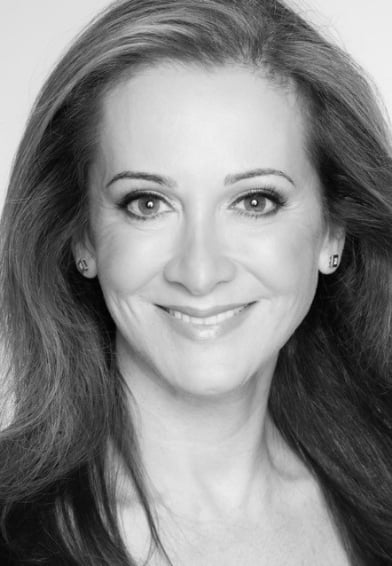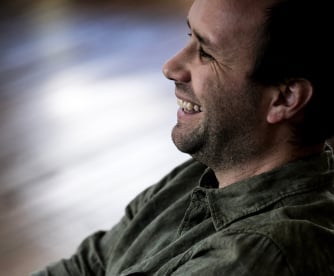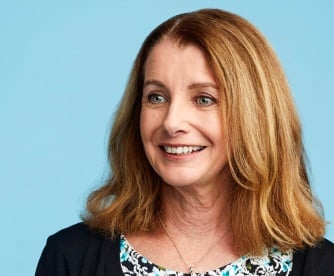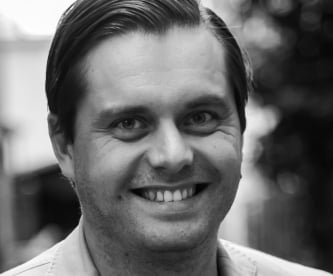Deborah GalanoS
Deborah was last at Belvoir in Company B’s Greek Tragedy. Other theatre credits include: Wicked Sisters (Griffin), Lady Tabouli (National Theatre Of Parramatta/Sydney Festival), Gods Of Strangers (State Theatre Company South Australia), The God Committee, Heartbreak Kid (Ensemble/tours), The Shearston Shift (Sydney Theatre Company/Australian People’s Theatre/tours), I’m With Her, The Mystery of Love & Sex (Darlinghurst Theatre Company), Metamorphoses (Apocalypse/Old Fitz), Unfinished Works, Homesick (Bontom), Seagull (Secret House), Mum’s The Word (Burberry Productions/Australian tours/SOH Playhouse/Glen Street), Dropped (The Goods Theatre Company/Old Fitz), House of Ramon Iglesia (MopHead/Old Fitz), A Kind of Alaska, Suddenly Last Summer, Hotel Hibiscus (NIDA company), Antigone (Sport For Jove), Boswell for the Defence (Sydney Festival), Who’s Afraid of Virginia Woolf? (theatrongroup). Television credits: Children’s Hospital, My Place, Police Rescue, G.P., Pulse, Rake, Redfern Now (ABC), Camp (NBC/Matchbox), Murder Call (Nine Network), A Country Practice, All Saints, Home and Away (Seven Network). Film credits: Chasing Comets, Balls, Boys From The Bush, Cavity, Inside Out, No Worries, The Premonition, and Razzle Dazzle. A NIDA, Trinity College London, and Sydney University graduate, Deborah’s been nominated for several Sydney Theatre Awards, and is a proud MEAA Member since 1990.



















































